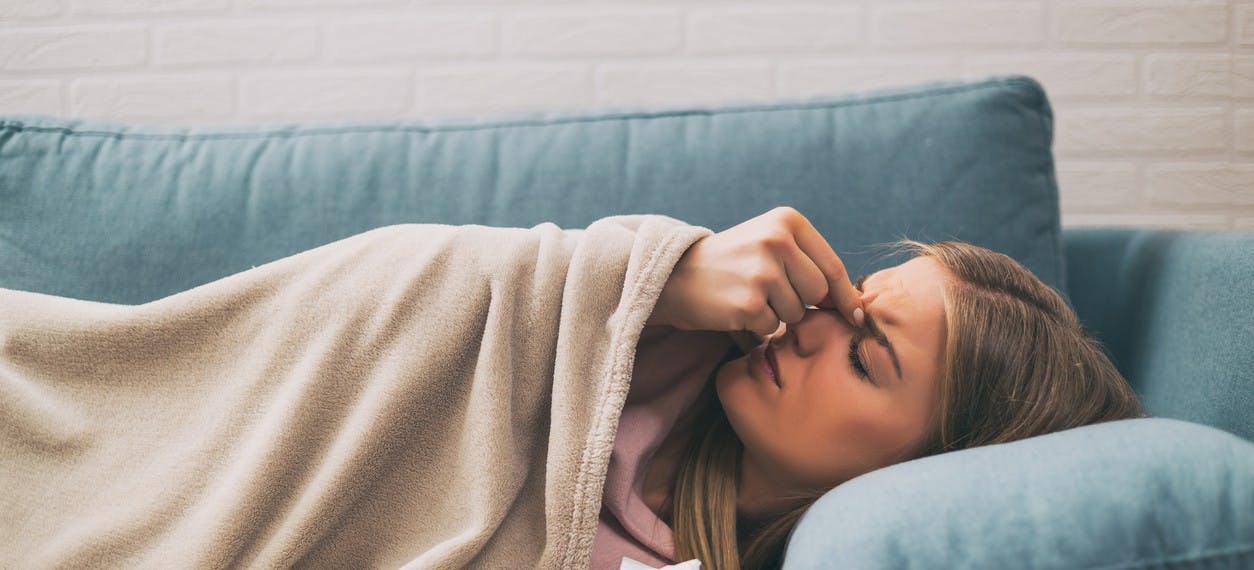What is behavioral health? Your guide to mind-body well-being
Behavioral health refers to a person’s overall emotional and mental health. It may also include assistance with substance use, past and present crises and/or traumas, and helping navigate the overall stress of life. All of these issues have an impact not only on our minds but on our bodies as well.
Understanding behavioral health
Our minds and bodies are connected, often more than we realize. When we feel any type of life stress, for example, we feel it not only in our way of thinking but also in how our body responds. We may feel our muscles tense, our jaw clench and our stomachs get upset during periods of stress.
Therefore, a comprehensive behavioral health definition must include both emotional and physical symptoms. When it comes to managing our mental well-being and seeking treatment, it’s important for us to address both the mental and physical aspects of our health. Strategies involving movement, meditation and other holistic approaches can be incredibly helpful for treating the physical and mental effects of life’s stressors.
Why focus on behavioral health?
A focus on your behavioral health ensures complete well-being so you can live your best life. If you are taking care of yourself medically, that’s wonderful. However, you may be missing some key aspects of your overall health that could help you feel even better.
If you are having some difficulty with sleep, for example, and are addressing it from a medical standpoint, you may achieve some relief from just that approach alone. However, if there are additional factors at play that you aren’t addressing, such as alcohol use, stress in your life, anxiety or other mental health issues, these could also be having an impact on your sleep.
Addressing those other factors with a behavior health professional could help bring much-needed longer-term relief and improve not only your sleep but also other aspects of your health.
How to talk with your healthcare providers about behavioral health
Talking with your healthcare provider about your behavioral health is a fantastic first step in getting your needs addressed and treated. Many providers are well-versed in how behavioral health impacts medical outcomes, so they can provide support and resources to help you improve your physical and mental well-being.
Oftentimes, providers can share resources and strategies to help you make improvements to your mental well-being on your own. Some of these may include meditation, movement and self-care strategies. If they identify more intensive needs, such as a potential mental health diagnosis that requires treatment, they can provide referrals to specialists for therapy and medication.
Where to find support
In addition to working with your healthcare provider, there are many behavioral health services you can access for support. Here are a few that might suit your needs:
- 988 and 988lifeline.org National Suicide and Crisis Lifeline: Call or text 988 24/7 for any support you may need, either for yourself or a loved one.
- FindTreatment.gov: Search for treatment providers in your area for substance use, addiction, and mental health.
- National Domestic Violence Hotline: 1-800-799-7233 or text LOVEIS to 22522
- National Child Abuse Hotline: 1-800-4AChild (1-800-422-4453) or text 1-800-422-4453
- National Sexual Assault Hotline: 1-800-656-HOPE (4673)
- The Trevor Project’s TrevorLifeline, 1-866-488-7386 for LGBTQ+ individuals in crisis and in need of support.
- Trans Lifeline: 1-877-565-8860, for transgender individuals in crisis and in need of support.
We’re here for you: Prioritize your well-being today
Addressing your behavioral health in conjunction with your physical health is essential to ensuring you live a long, healthy life. Our caring providers at our urgent care centers can be a part of this process for you.
We also have an extensive library of health articles to help you learn more about your mental and physical health. We are here to help you feel better faster.
Written by Elizabeth Lombino, Behavioral Health Therapist, LCSW


